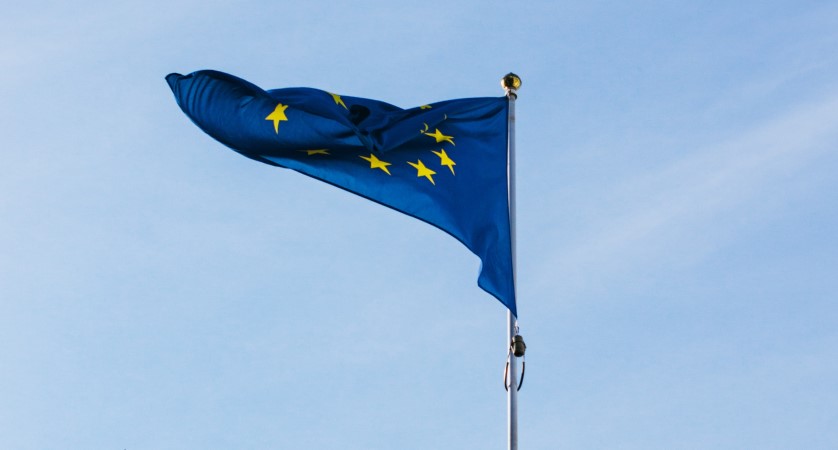
The European Union has lifted sanctions against Burundian Prime Minister Gervais Ndirakobuca for his role in the violent political crisis of 2015. This was announced by the High Representative of European Foreign Policy, Josep Borrell, on Tuesday.
Ndirakobuca had been on the European sanctions list since October 2015 because he was accused of co-responsibility for violent repression during the crisis of 2015. He was appointed prime minister on September 7. The lifting of the European sanctions means, among other things, that the travel restrictions will be removed. Sanctions against former police chief Godefroid Bizimana and former general Léonard Ngendakumana will also be lifted. The rest of the sanctions regime has been extended by one year.
In a press release, Borrell hailed that Burundi has shown an “intensified commitment” to human rights, good governance and the rule of law over the past two years. However, the High Representative remains “seriously concerned that major challenges will not be addressed and resolved”. Among other things, he calls for releasing political prisoners and responsibility for human rights violations.
In 2015, the opposition in Burundi took to the streets against the illegal candidacy of President Pierre Nkurunziza for a third term. The protest was brutally crushed, with summary executions, arbitrary detentions, disappearances, sexual assault and torture. At least 1,200 people were killed, and some 400,000 Burundians were forced into exile.
Since taking office in 2020, Nkurunziza’s successor, Évariste Ndayishimiye, has been trying to find a balance. On the one hand, he sends signals of more openness from the regime, which remains under the influence of powerful generals. But, on the other hand, those in power continue to have a firm grip on the country, and NGOs regularly denounce human rights violations.
According to the World Bank, Burundi is the poorest country in the world, measured by gross domestic product per capita. 75 percent of the 12 million inhabitants of this Central African country live below the international poverty threshold.
